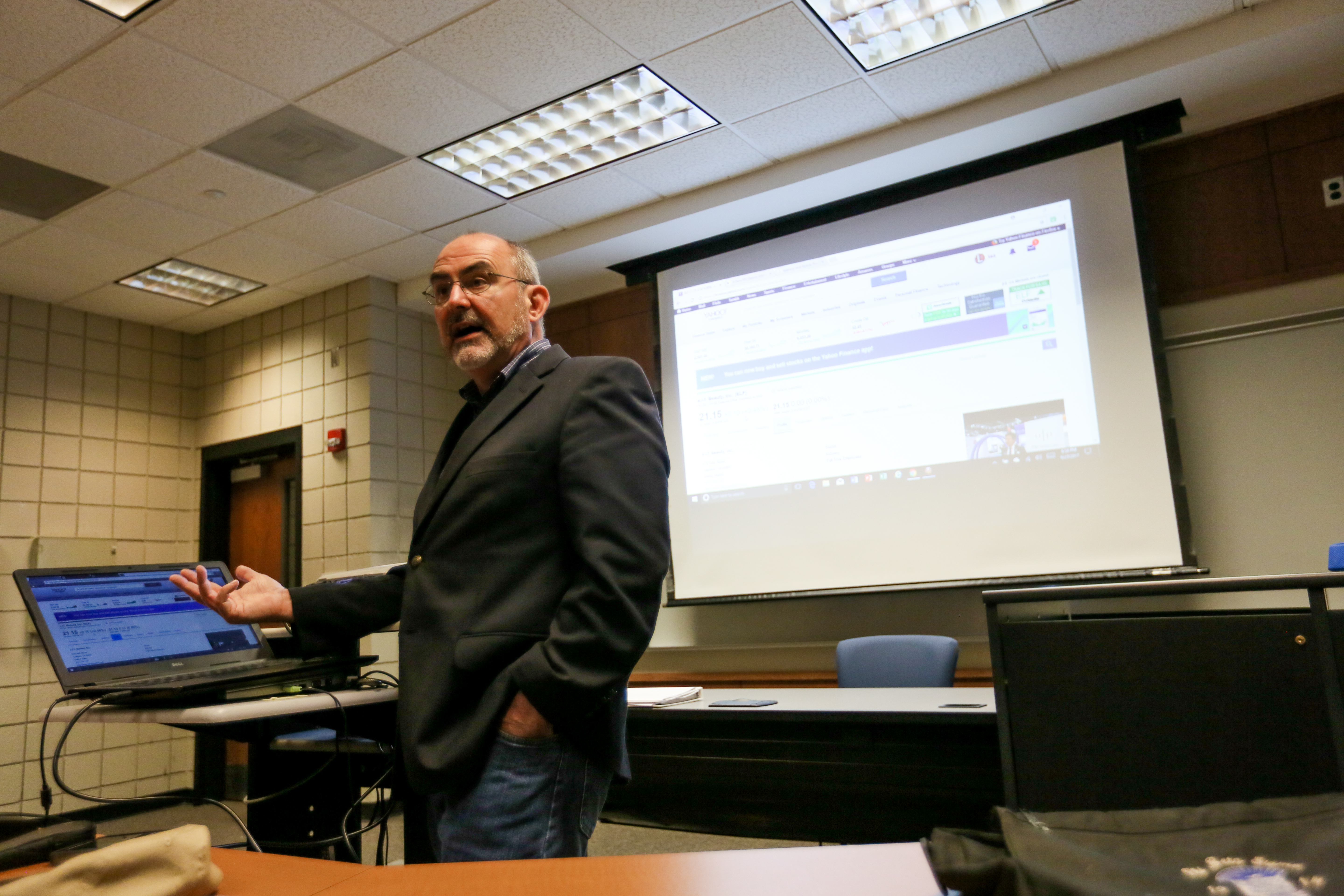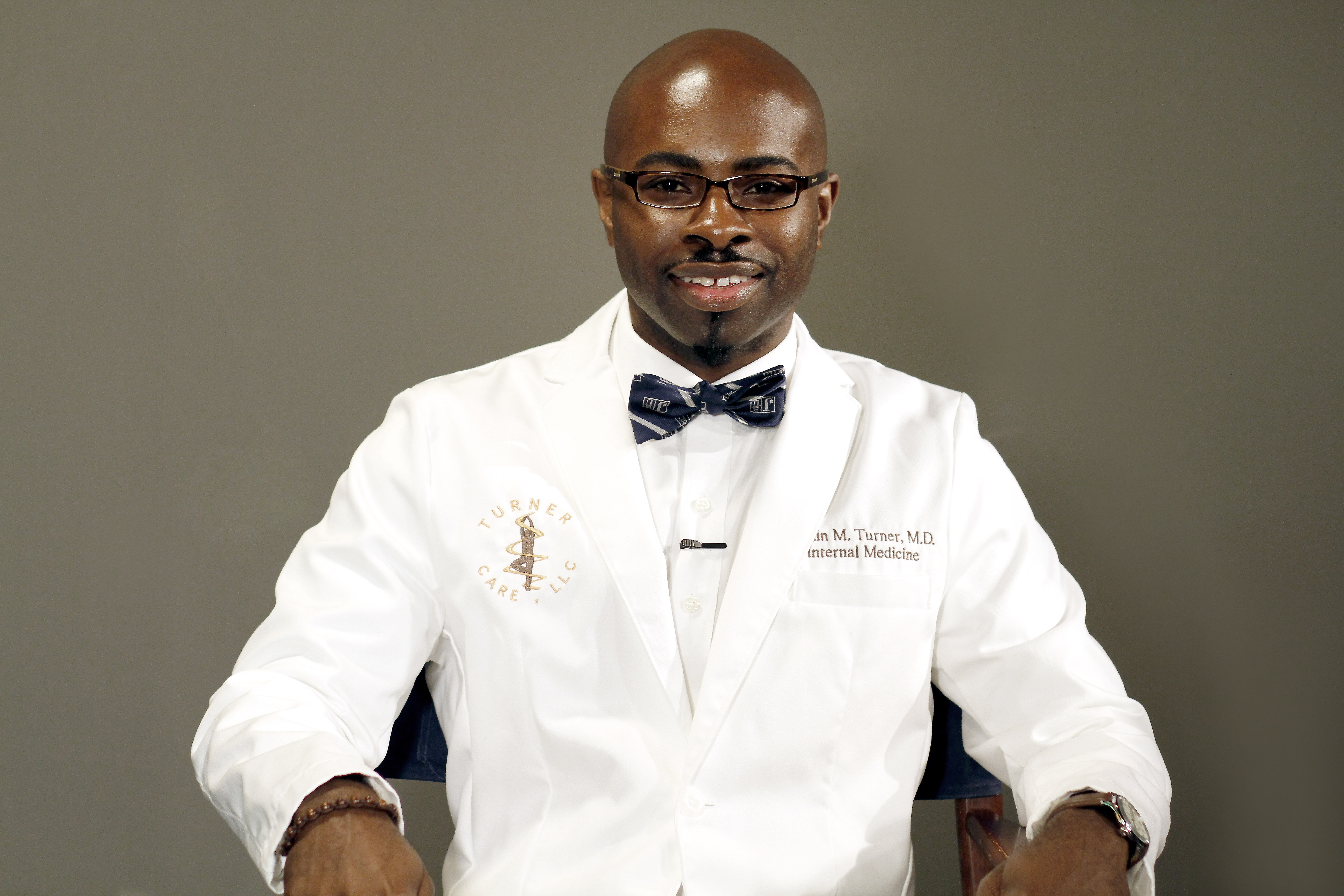[vc_row type=”” top_margin=”none”][vc_column type=”” top_margin=”none” width=”1/1″][vc_column_text]
Mississippi for decades has ranked last or near the bottom among all states in a slew of life-threatening or life-altering health conditions — obesity, diabetes, infant mortality. These conditions are exacerbated by factors that shut many of the state’s residents out of access to affordable healthcare and forces those who can afford it but live in small towns without practicing doctors to drive dozens, if not hundreds, of miles to Jackson and other large cities to seek treatment.
“Public health is essential to everything we do in the state — our well-being, economic development. JSU’s future and the state’s future are interlocked.” — Ron Davis, Mississippi Public Health Association president
Jackson State University — through its School of Public Health — plans to both attack the ailments that claim the lives of so many Mississippians and uplift the communities where they live by encouraging healthier lifestyles and by addressing health disparities facing under-served and at-risk populations in particular. A first for the state of Mississippi, the School of Public Health also will figure prominently into the growing role of healthcare as an economic driver in the state. The school’s studies will focus not so much on simply diagnosing and then treating a particular condition in a clinical setting but on connecting the proliferation of conditions to communities and addressing them through policymaking and various services. Improving the health and quality of life in such communities will help lower the risk of chronic health problems spreading from generation to generation, says Dr. Marinelle Payton, a professor of epidemiology at JSU.
“We’ll have public health practitioners that will have the knowledge that you can get only with a public health curriculum,” she said. The Mississippi Legislature this year approved $2 million to help establish the School of Public Health, and fundraising will be done over time to help the program grow.
The School of Public Health will be part of JSU’s College of Public Service and will be based at the Jackson Medical Mall. A nine-person search committee will select the school’s dean. That panel includes not only JSU educators and administrators but one undergraduate and graduate student each as well as Dr. Mary Currier, director of the Mississippi Department of Health.
“I am honored to be a part of the selection committee. This new School of Public Health could have impact across the state, setting the public health research agenda that will further the knowledge about how best to improve the health of the population of Mississippi,” Currier said.

Jacksonian
While JSU has offered master’s-level studies in public health since 1999 and a doctorate degree in the field since 2005, the School of Public Health will represent the university’s most structured yet multifaceted exploration of the discipline to date. Dr. Ricardo A. Brown, dean of JSU’s College of Public Service, has said broadening the university’s public health studies accomplishes “our longstanding goal to address the healthcare needs of the residents of Mississippi.”
The School of Public Health will feature three departments — Behavioral and Environmental Health, Health Policy and Management and Epidemiology and Biostatistics. It also will expand from three to five the number of curriculum concentrations JSU’s public health program offers. But the effect of the School of Public Health is expected to reach far beyond the classroom. It could help Mississippi address many of the long-term health issues that plague the state and also provide a new talent pool of health professionals — practitioners, researchers or educators — for areas with a dearth of those professionals or other health advocates.
“Not only will it solidify the Capital City as a premier healthcare provider for the state and region, but it will provide a national model for meeting professional healthcare needs,” JSU President Carolyn W. Meyers said when the School of Public Health was announced earlier this year.
The need for improved healthcare in Mississippi is clear. The Minnesota health nonprofit United Health Foundation, in its 2014 “America’s Health Rankings” list, ranked Mississippi last overall in the country in terms of people’s health. The study found about 35 percent of Mississippians are obese. Nearly 25 percent smoke. Roughly 38 percent say they don’t get regular exercise. The state, according to the rankings, has an infant mortality rate of 9.1 per 1,000 people. The state that fared best in those rankings, Hawaii, had an infant mortality rate of 5.1 per 1,000.
Payton says Mississippi is full of areas where there are “no sidewalks, no recreation centers that are affordable to all” and are marked by “a lack of exercise, a lack of nutrition.” Without focal points for physical activity or a network of professionals who can help people lead healthier lives and in turn create healthier communities, she continued, these communities will continue to watch many of their residents die from heart attacks, diabetes complications and other maladies that can be prevented with a proactive approach. In public health, she said, “You ask, ‘Why? Why do we have this disease (in a certain area) in the first place?’ ”
Jobs and the economy
A healthy community not only helps its people live longer lives but makes those people better equipped physically to have long-term gainful employment, says Ron Davis, president of the Mississippi Public Health Association. A healthy workforce, he continued, in turn helps draw more jobs and investment to that area.
“Public health is essential to everything we do in the state — our well-being, economic development. JSU’s future and the state’s future are interlocked,” he said.
Indeed, the School of Public Health figures to be a significant asset for the city of Jackson and the state in growing healthcare as an industry. City and state officials are working to create a healthcare corridor that would stretch from I-55 to I-220 and constitute a network combining existing hospitals and clinics with new treatment facilities, laboratories and places where medical supplies are manufactured or distributed.
Statewide, Gov. Phil Bryant has backed the creation of “healthcare zones,” typically designated areas along major highways where medical companies are offered tax breaks and other incentives to locate.

Jackson Medical Mall’s location on Woodrow Wilson Avenue puts it and the School of Public Health at the heart of Jackson’s planned healthcare corridor and just minutes away from the largest, most technically and scientifically advanced hospitals in the state.
“Not only can our state benefit from more healthcare providers and professionals, our economy can benefit from growth in the healthcare sector,” Bryant, who backed the $2 million in state funding for the School of Public Health, said during a visit to JSU earlier this year. “This program will be a very important part of the healthcare landscape in Mississippi.”
It could also help provide more health practitioners, researchers and related professionals to cities and towns with little or no such services. The United Health Foundation study found Mississippi has 81.8 primary-care physicians per 100,000 people. That’s in stark contrast to Hawaii, where there are 140.2 such physicians per 100,000 people. Davis acknowledges starting pay for new practitioners in Mississippi isn’t as great as in other parts of the country and that practitioners, especially in poor or rural areas, “can’t live on promises. They’re going to go where there are patients who can pay.” Still, he says the School of Public Health could help not only train a new generation of professionals but encourage them to stay in Mississippi to develop their careers.
Ayers settlement
The creation of the School of Public Health at JSU is one of the most notable manifestations yet of the long-term goals set forth in the settlement of a lawsuit filed in 1975 by Jake Ayers Sr. on behalf of his son, Jake Ayers Jr., then a JSU student. The suit contended Mississippi’s three historically black colleges and universities — JSU, Alcorn State University and Mississippi Valley State University — were essentially segregated from the state’s other higher-education institutions in terms of resources and support and had been receiving a disproportionate level of state funding compared to those other schools. The three universities, state officials and the U.S. Department of Justice hammered out a $503 million settlement agreement, finalized in 2002. It includes the three HBCUs splitting $246 million for academic programs. The payments were to be made over the course of 17 years and commenced in 2005. Establishing a School of Public Health had long been a goal for JSU in the wake of the settlement.
By the time the Ayers settlement had taken hold, schools in states like Arkansas, Tennessee, Louisiana and Alabama, each with long-term healthcare problems comparable to Mississippi’s, had established public health studies on undergraduate and post-graduate levels. It is anticipated that students wishing to pursue such careers in public health will now look to Mississippi as an option.

Related programs
The School of Public Health also aims to bolster interest and enrollment in JSU’s current public health programs. The university estimates enrollment in its master-and doctorate-level public health studies to grow by 10 percent each year during the next five years. It could open more eyes to a relatively unexplored part of the healthcare industry in the process, Davis says.
“People have thought of public health as some place where you go to get a birth certificate or a death certificate, or to receive a shot. We like to think of ourselves as a first line of defense for (safer, healthier) food, water,” he said.
Payton adds the unfolding Affordable Care Act and its aim of providing more cost-effective healthcare to more Americans, particularly those who until now haven’t been able to afford it, could create an ideal framework for the School of Public Health to gain significant traction in Mississippi’s healthcare landscape. Public health, she continued, is easily compatible with other, more established fields of health study. “Those students who are in medical school can get a public health degree. Those students who are in public health will have the chance to earn a medical degree.”
Mission
Since debuting 16 years ago, JSU’s public health program has grown to include an Institute of Epidemiology and Health Services Research and a Center of Excellence in Minority Health and Health Disparities. The program has struck various partnerships with health-related agencies where students can gain real-world experience to complement in-class learning. It also provides an avenue for annual conferences on health disparities and men’s health.
And JSU has set high ideals for its public health studies. In its mission statement spelling out the goals of those studies, the university says public health not only is a way of reducing the risk of serious disease and adding years to people’s lives but acts as a beacon for “the pursuit of social justice to enhance health and the quality of life, and helps to eliminate health disparities in the state of Mississippi and beyond, while providing a broad intellectual framework that fosters the development of public health values,” especially for “under-served and at-risk populations.”
“The challenge for the program,” the statement continues, “is never to forget its mission and to remain focused on the well-being of the community through identification of its health needs and by contributing to efforts to meet the needs.”[/vc_column_text][/vc_column][/vc_row]












Leave a Reply